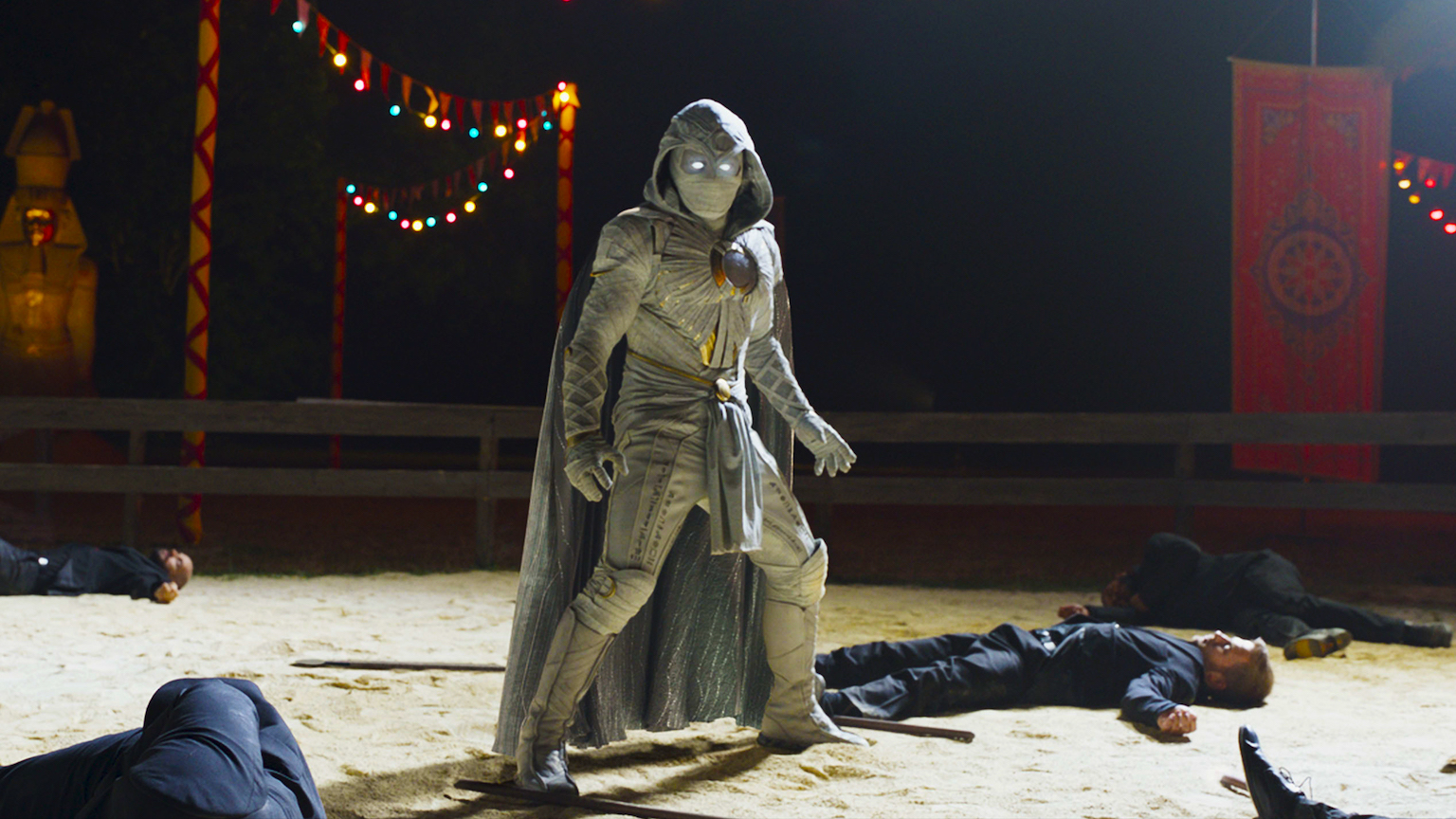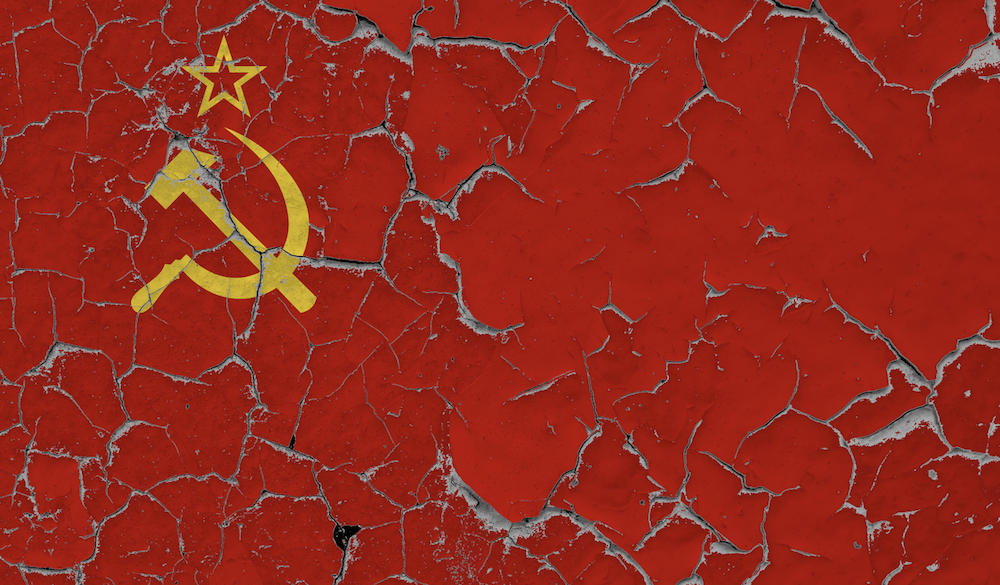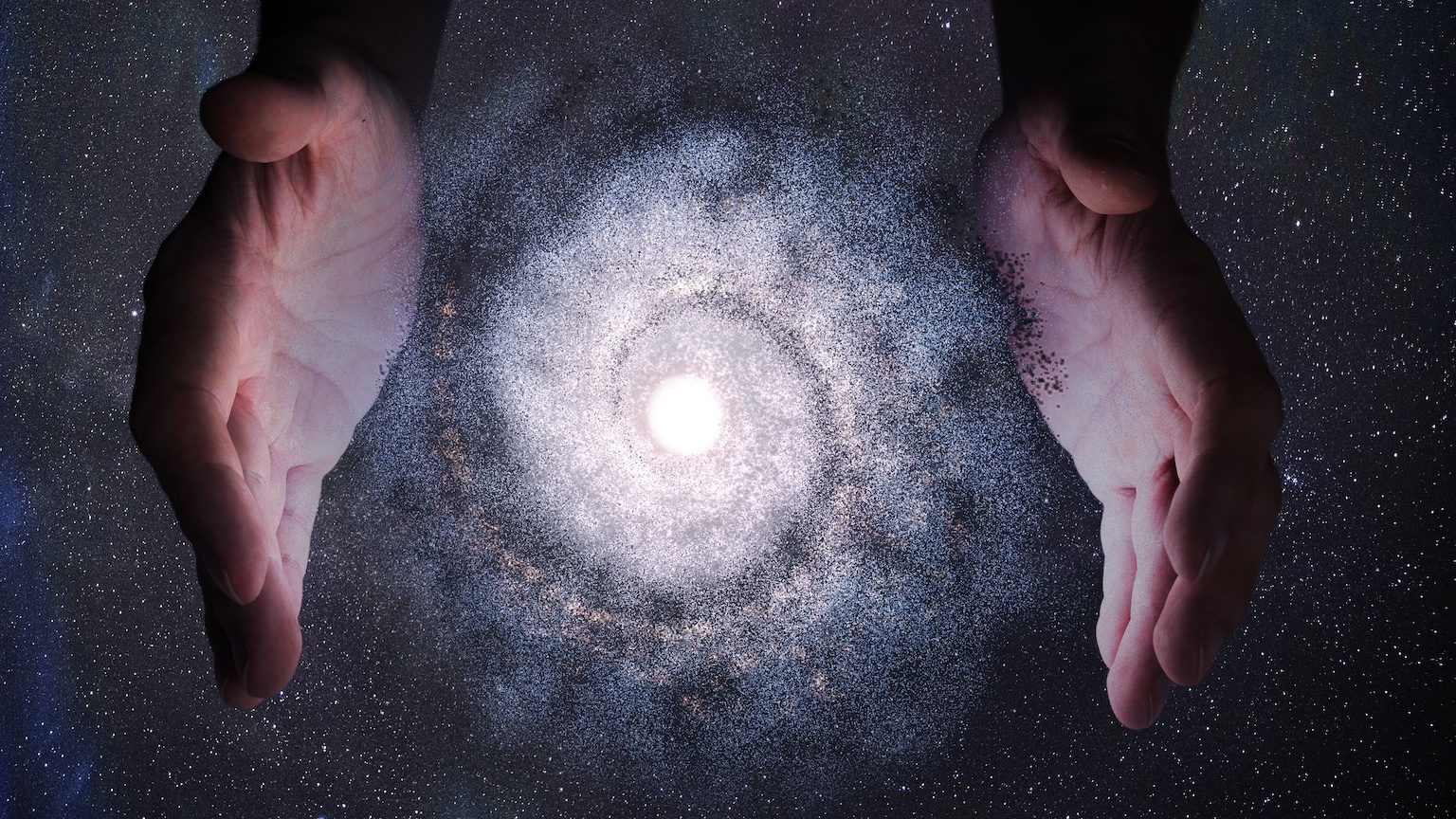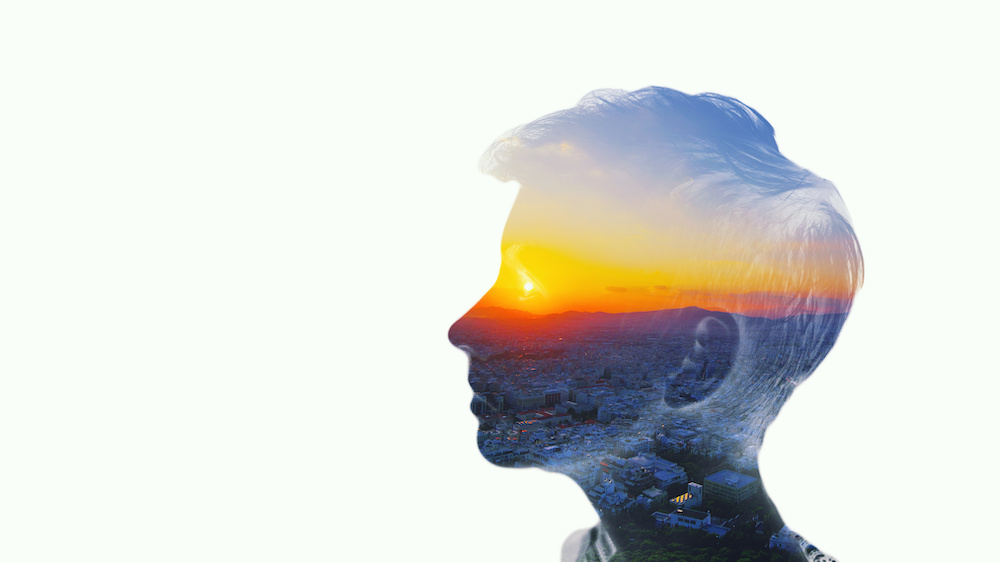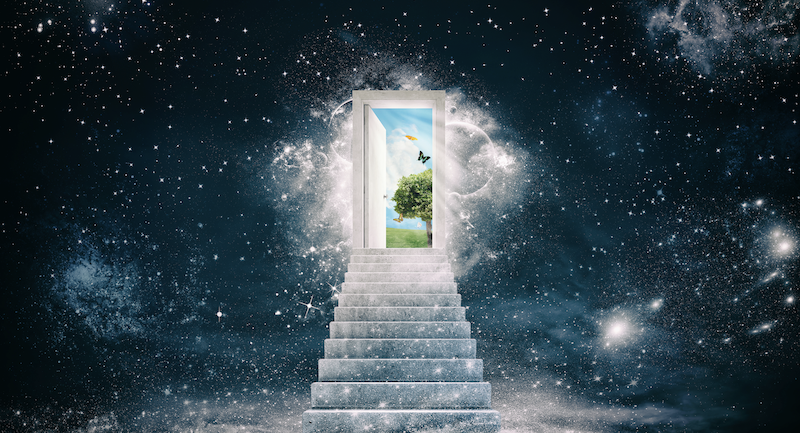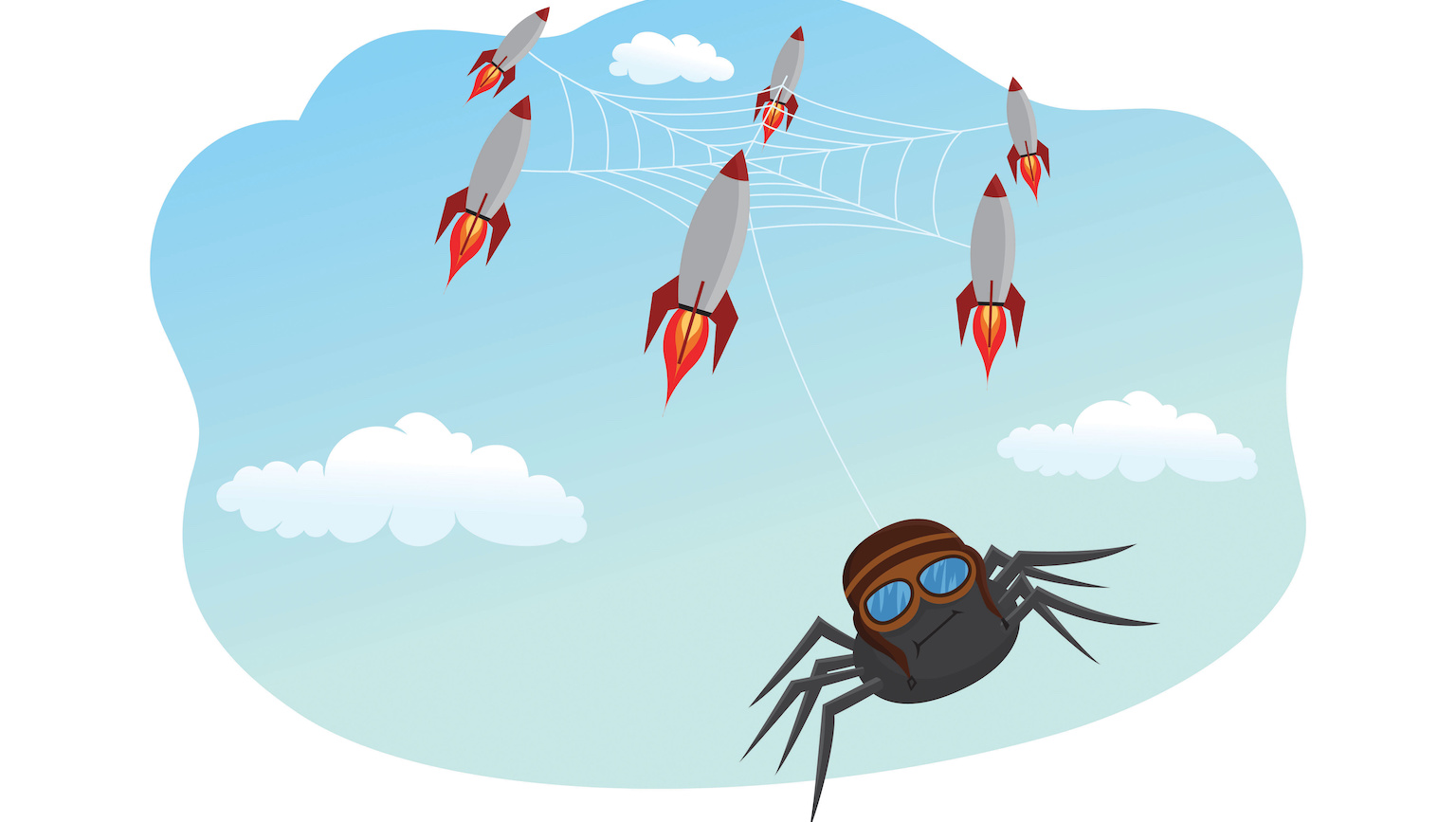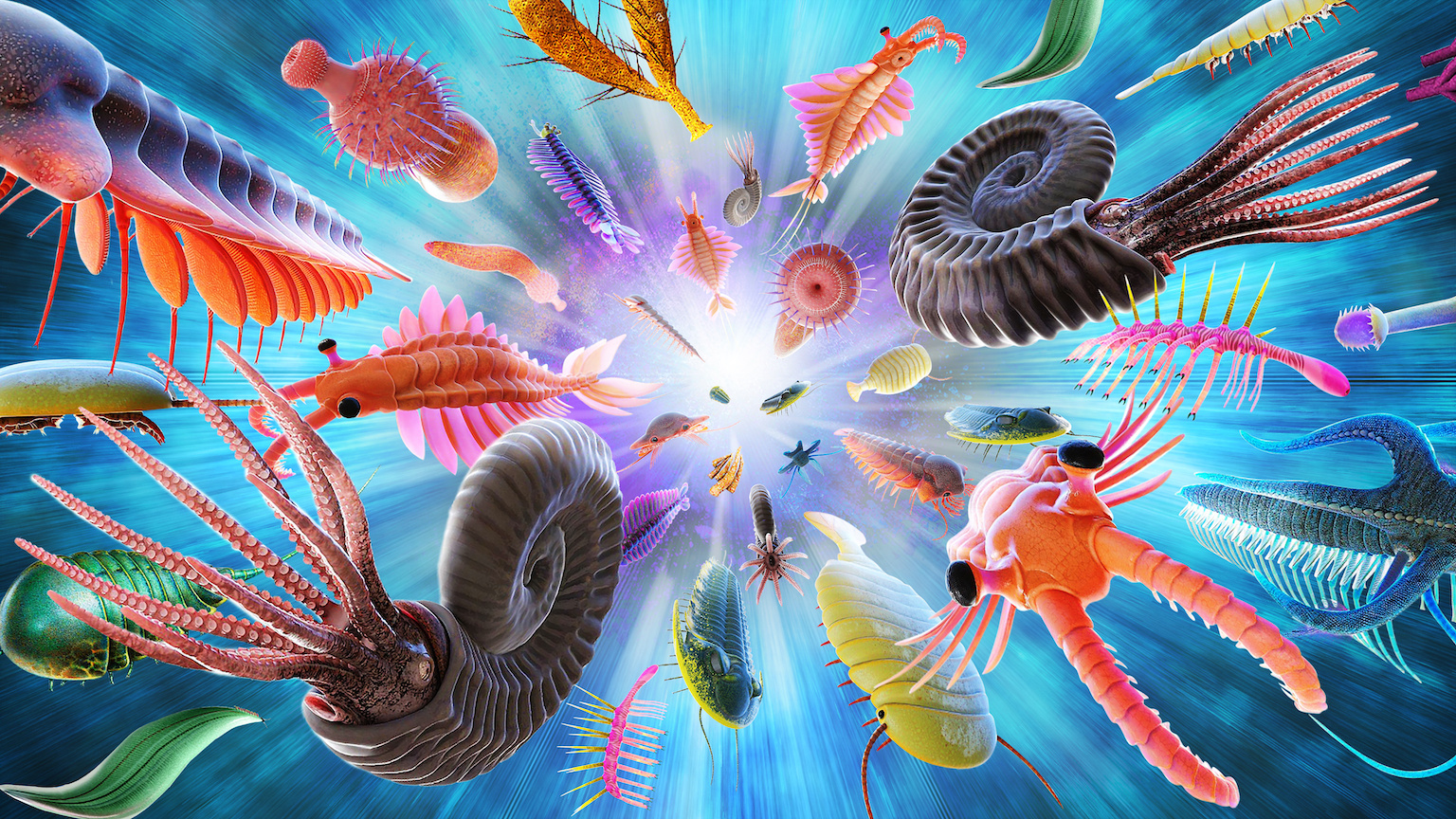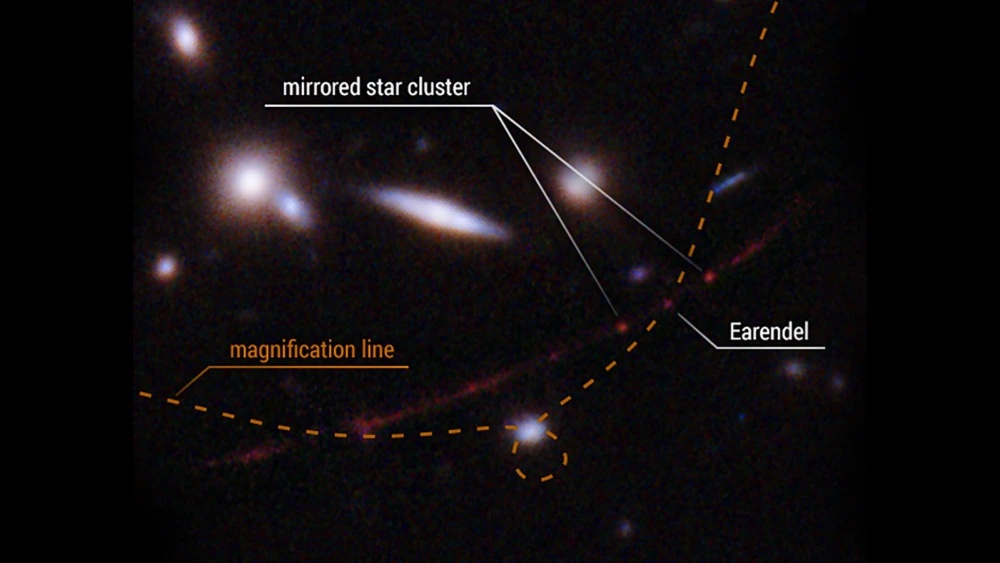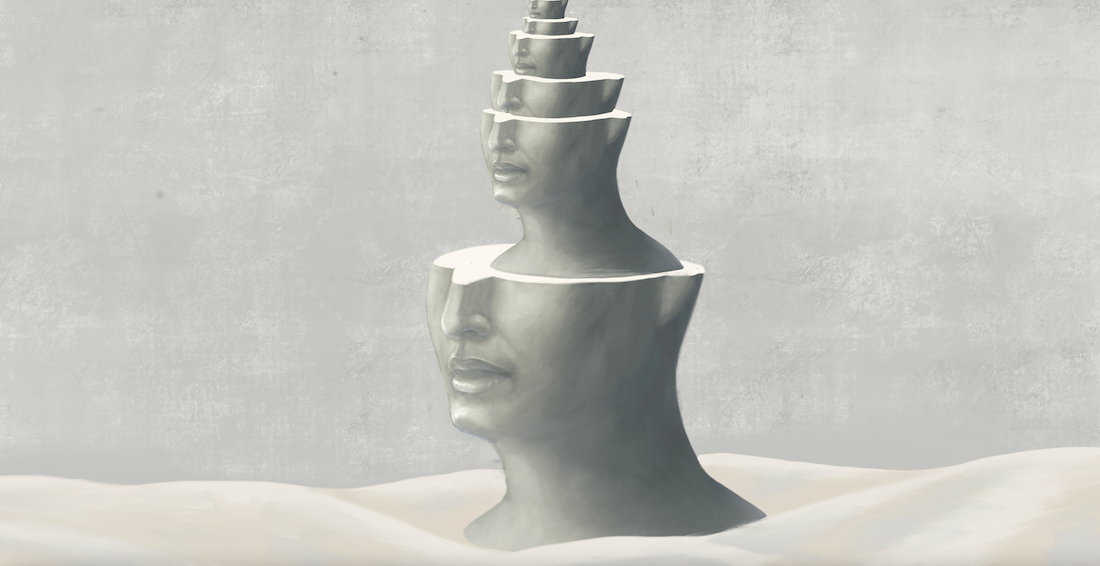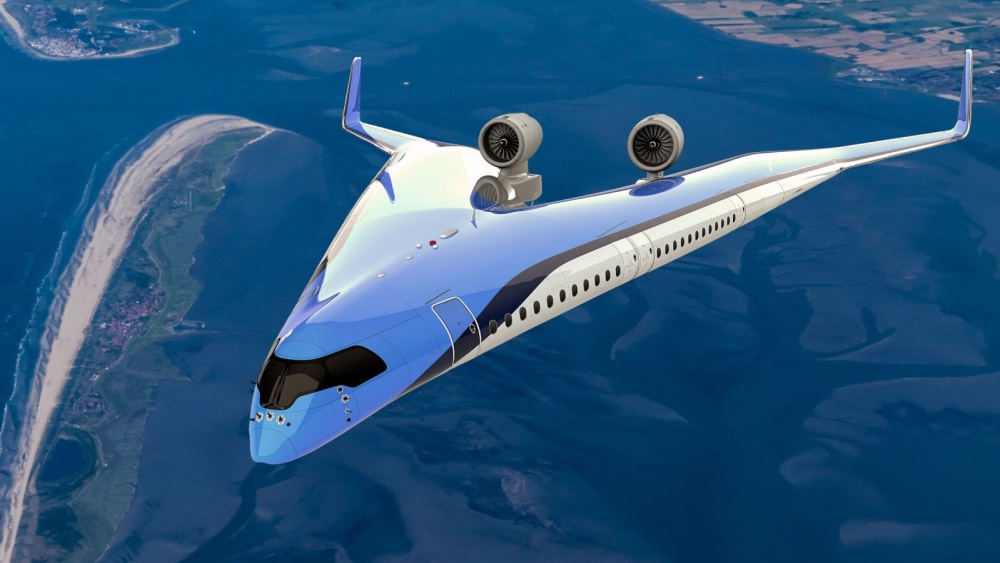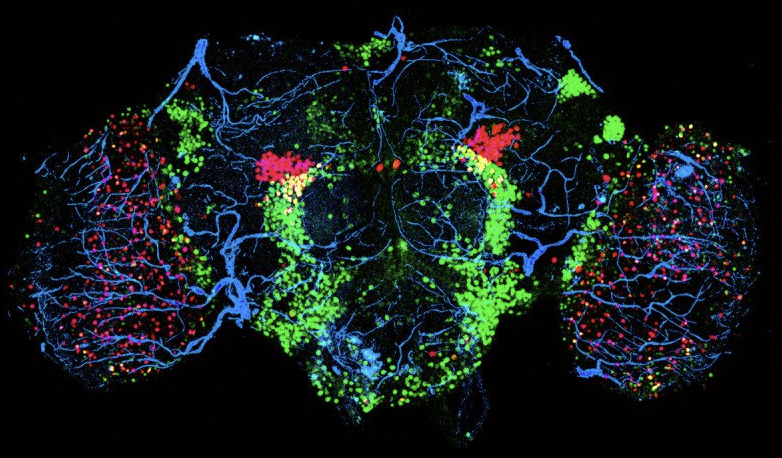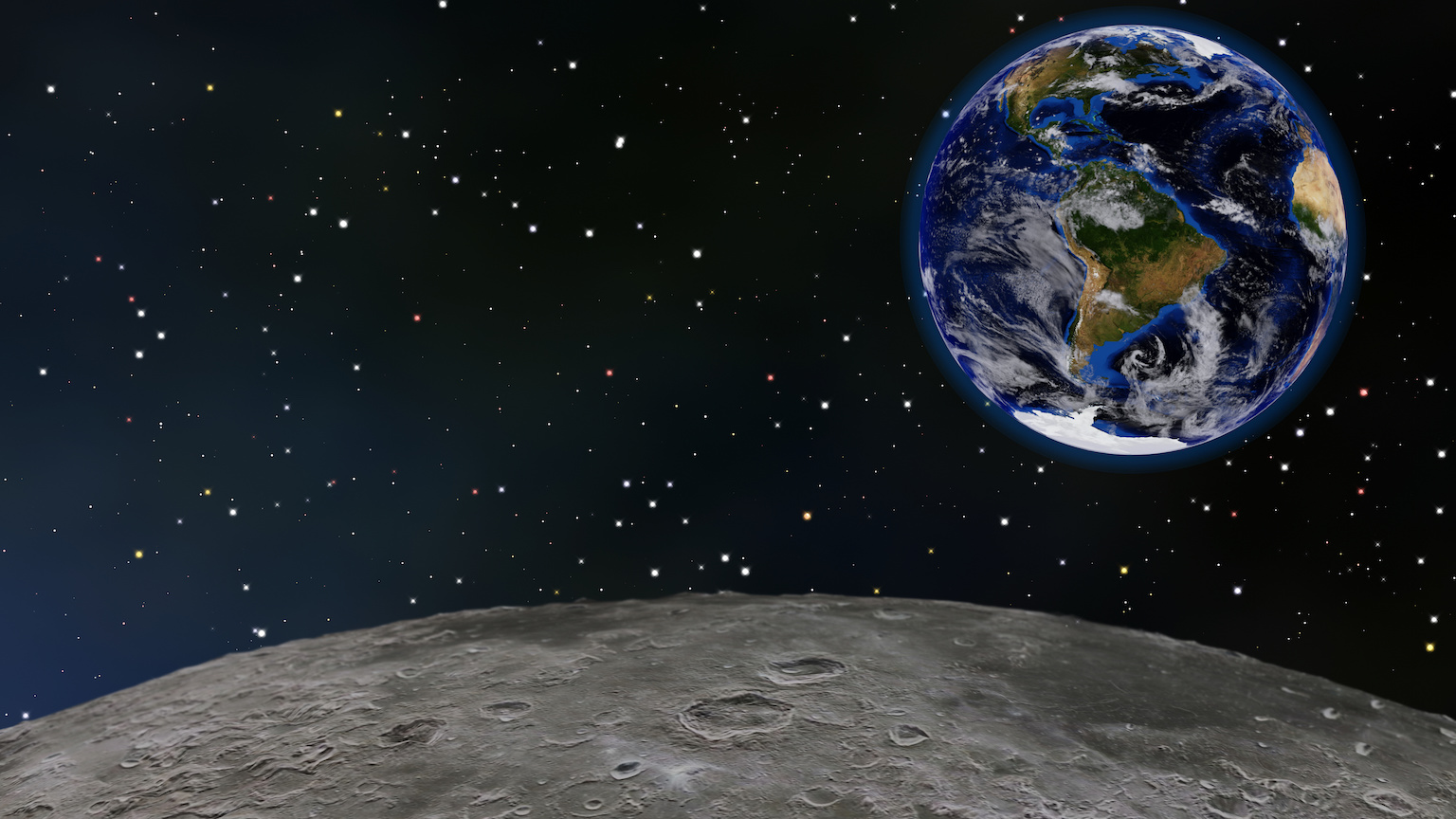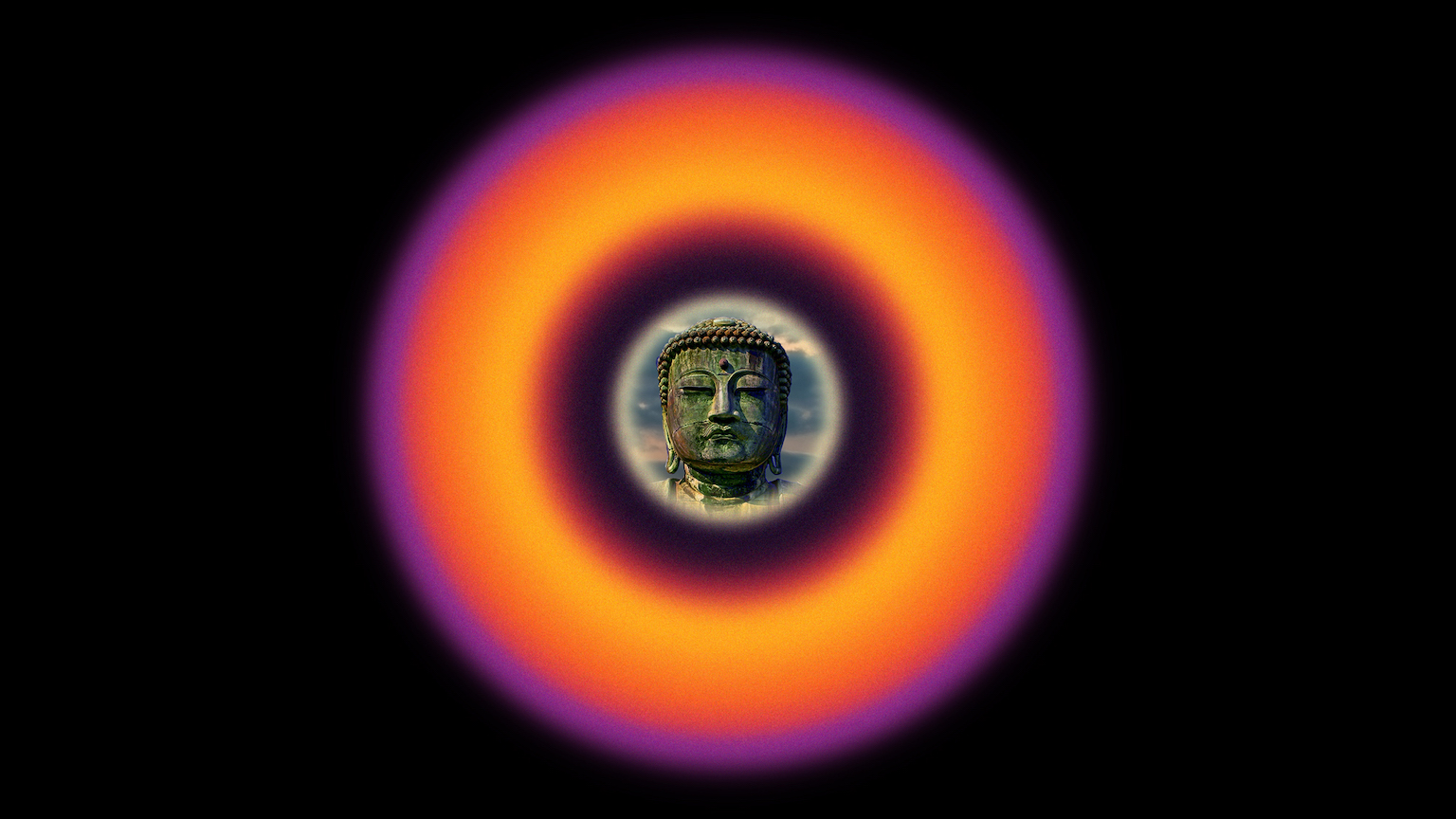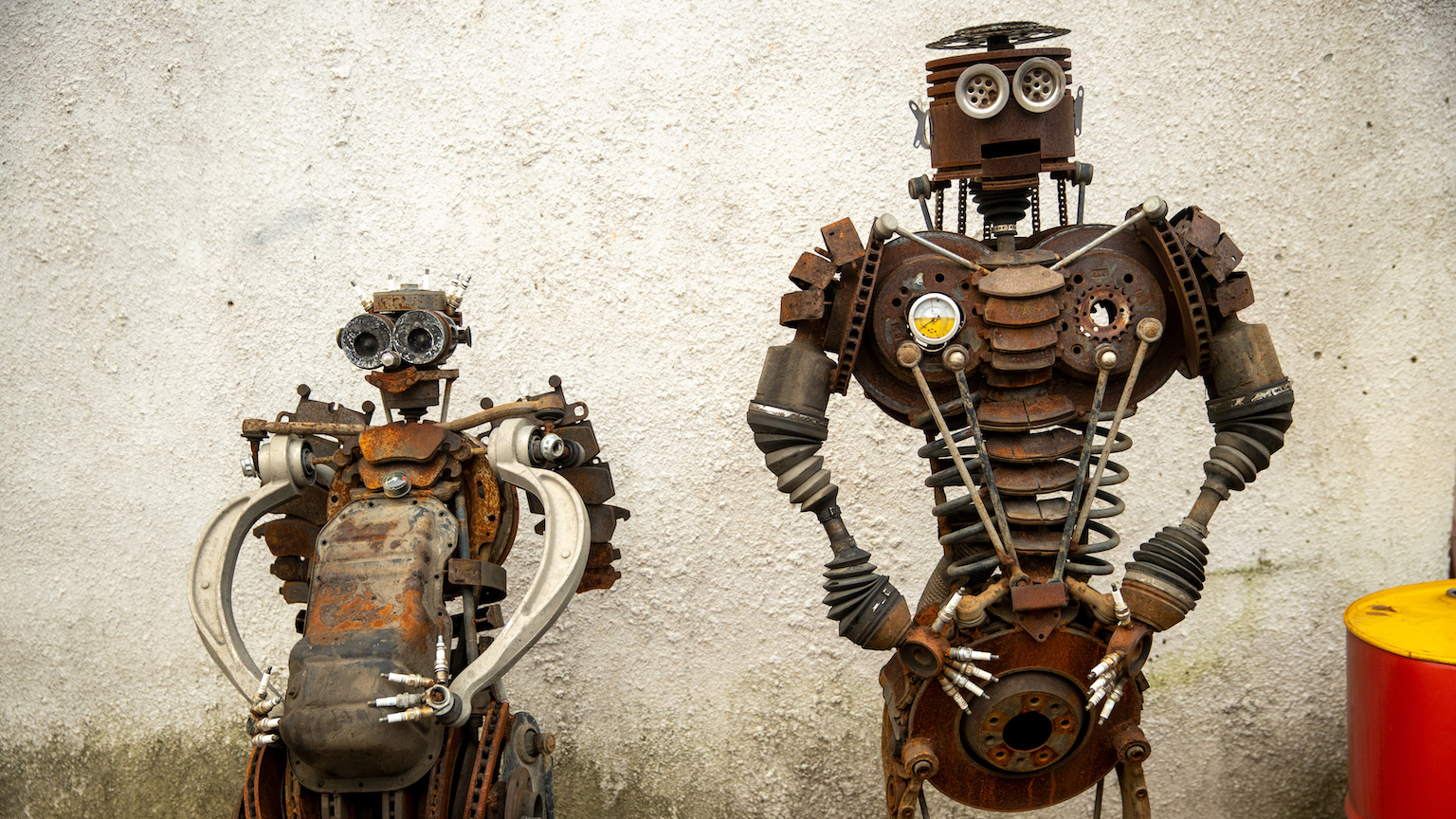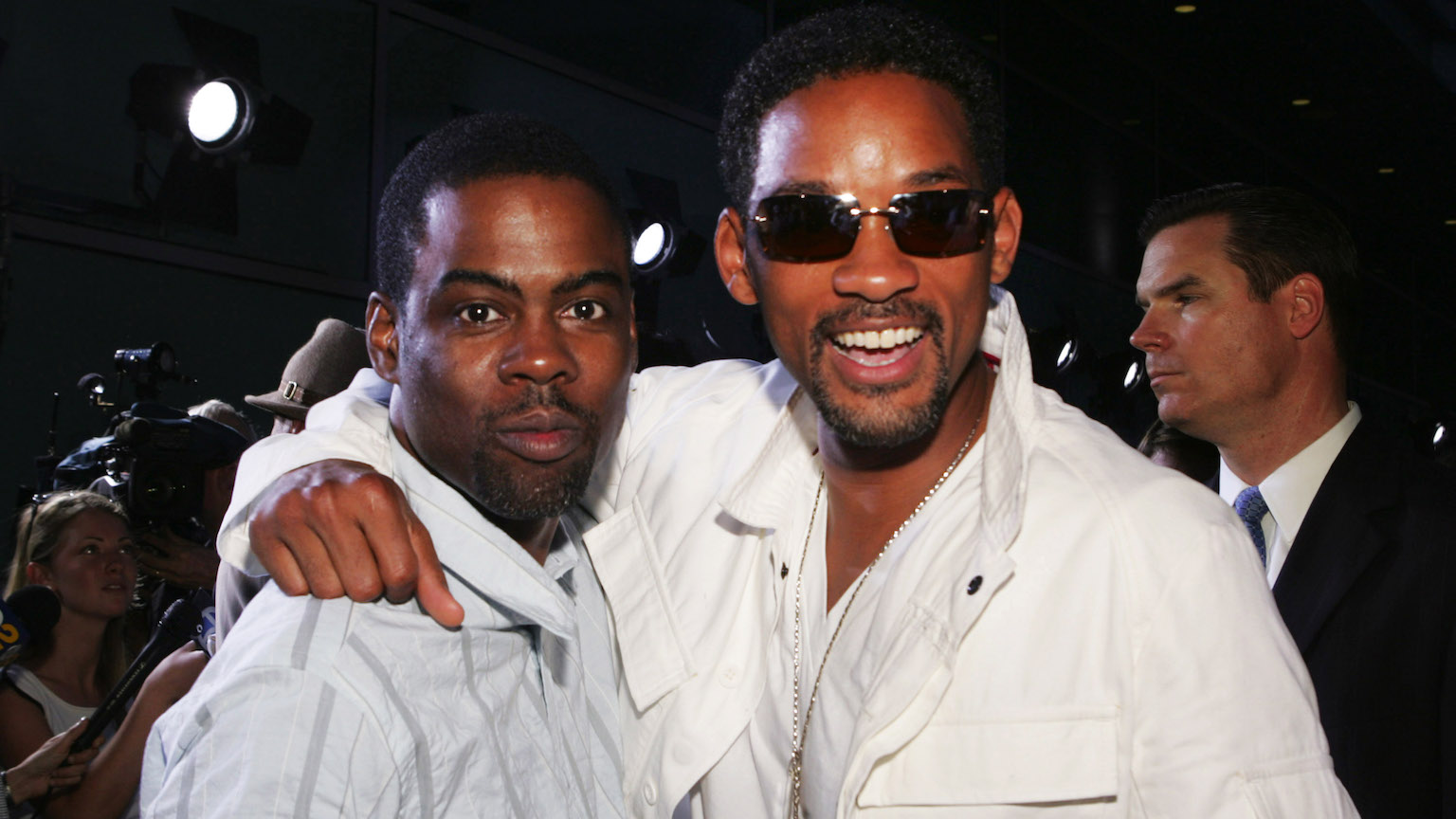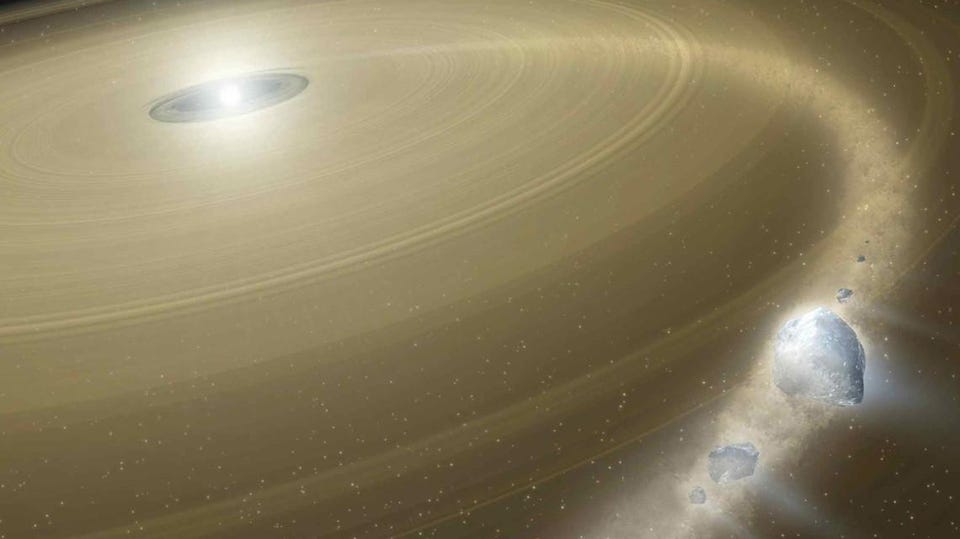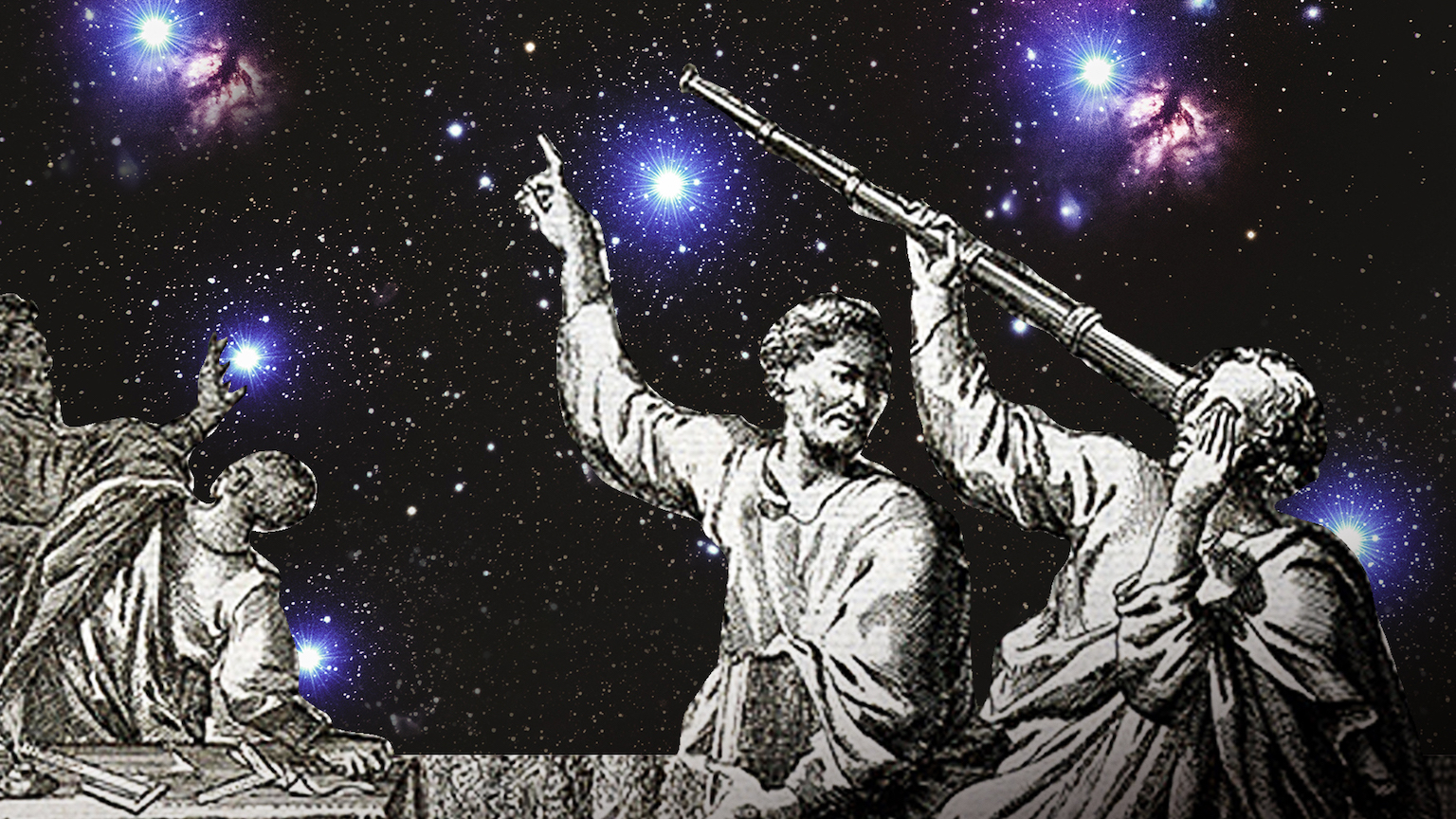Time for a status check before watching “Moon Knight.”
There have been some 6,000 Great Lakes shipwrecks, which have claimed an estimated 30,000 lives. These maps show some of them.
To Vladimir Putin, a young KGB colonel at the time, the decision was a colossal mistake.
Many people perceive the struggle to understand our Universe as a battle between science and God. But this is a false dichotomy.
Chess was once blamed for triggering mental health problems, including suicide and even murder. Today, the same is said of video games.
The results of a 2021 study suggest that the world’s most powerful psychedelic may be an underutilized peace-building tool.
The idea of “absolute time” was our default for millennia. But time is relative, as gravity and motion both cause time to dilate.
Wander into the deep recesses of the mind and never return the same with these existentialist books.
Small spiders use their silk threads to passively fly, a process called ballooning. Learning how could help atmospheric scientists.
If future studies prove it to be successful, this technique for the early detection of pancreatic cancer could save thousands of lives.
Scientists across a range of disciplines have helped solve Darwin’s dilemma.
The Hubble Space Telescope, 32 years after its launch, broke the all-time record for most distant star. It won’t do better.
In some Asian countries, what’s in your blood may influence your social status.
From Brahms to Tchaikovsky, here’s a curated list of composers whose music has shaped the classical canon.
It’s possible to measure philosophy’s progress in two ways. But is that really the point?
The light from Earendel took 12.9 billion years to reach Hubble. The star is millions of times brighter than our Sun and 50 times as massive.
Due to a crust of carbon, the absence of oxygen, and constant bombardment from meteorites, the planet Mercury may be littered with diamonds.
A radical redesign of commercial aircraft, called the flying-V plane, could increase fuel efficiency by 20%, greatly reducing emissions.
While there is more to North Korean cinema than meets the eye, the country’s film industry ultimately amounts to little more than a mouthpiece for the ruling Kim dynasty.
Revolutionary techniques for understanding brain functions in animals could soon help us understand how emotions guide our lives.
Society treats teenagers as if they’re a problem to be solved, but the truth is that we have to prepare them to solve our problems. It’s time that we change the narrative.
Mutations that confer malaria resistance occur more frequently in people who live in regions where the disease is endemic.
To study the origin of the Universe, we could build a constellation of six expensive spacecraft — or we could just use the Moon.
For some reason, when we talk about the age of stars, galaxies, and the Universe, we use “years” to measure time. Can we do better?
COVID-19 and other microbes have shed light on disease spillover from animals to humans, but we can also spillback disease to wildlife.
The relationship between these two ways of thinking about the world deserves deeper exploration.
Until robots understand jokes and sarcasm, artificial general intelligence will remain in the realm of science fiction.
The attitude we take to Will Smith’s slap will mirror our attitudes to violence, masculinity, and protecting others more generally.
From life on Earth to the planet itself, there are four ways our planet will actually experience “the end,” no matter how we define it.
From the tablets of the Babylonians to the telescopes of modern science, humans have always looked to the skies for fundamental answers.
